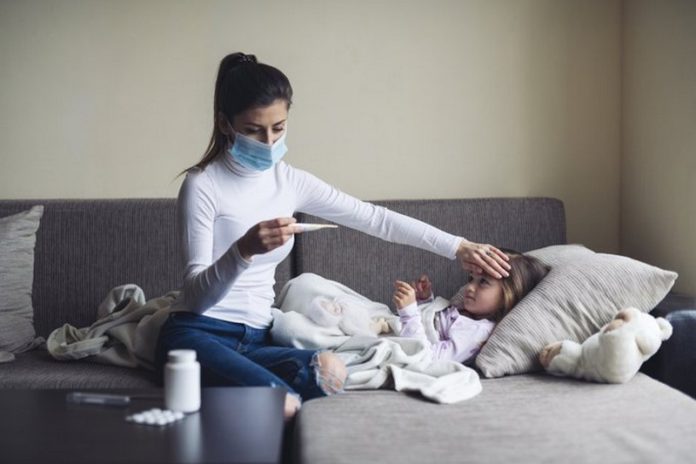As we all know, the classic symptoms of Covid-19 are a new continuous cough, fever and shortness of breath.
These symptoms would qualify you for a swab test, but people all over the world have displayed other symptoms too, according to Pauline Vetter and colleagues from Geneva University, reporting in the BMJ.
Quite often diarrhoea can be a symptom, and in up to half of patients, other gastrointestinal problems are reported.
Whether coronavirus leads to such symptoms directly – by infecting the gastrointestinal tract or indirectly as part of general inflammation – isn’t known.
Viruses have been detected in stool samples. This raises the possibility of catching the virus from faeces, which would need to be checked for infection control.
More than half of patients experience a change in taste or loss of smell. In fact, sudden loss of smell is now a criterion for a virus test, especially in young people with few other symptoms.
Recent cases in China and the US draw attention to other symptoms among patients with Covid-19, including stroke, dizziness, headache and an altered mental state, which suggest a viral invasion of the brain. So testing for Covid-19 should probably be done in patients with the sudden appearance of neurological symptoms.
Several types of heart damage have also been linked to the virus, such as heart attack – especially in patients with severe infections – irregular heartbeat and heart failure. Any chest pain should therefore alert doctors to the possibility of Covid-19.
Finally, eye conditions, such as conjunctivitis and watering, are reported in up to a third of infected patients.
Risk of transmission by people with few or no symptoms really needs sorting out.
The current strategy that excludes people with few symptoms from testing is likely to miss a substantial number with the virus.
We know there are equal amounts of viruses in the throat of both symptomatic and asymptomatic cases, and in the pre-symptomatic phase too, so that should be borne in mind for test, track and trace containment measures.
To contain Covid-19, testing should go far beyond people who fit a narrow definition. The current strategy just won’t capture the full picture.
Broad population screening for Covid-19 infections, isolation of confirmed cases through large antibody studies, contact tracing and quarantine, combined with social distancing, will be critical to slowing the spread of coronavirus in the long-term.

